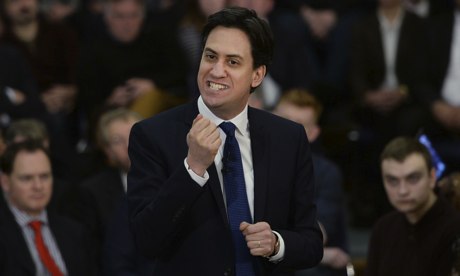Tim Harford in The FT
The pages of the Financial Times are not usually a place for legends about ancient gods, but perhaps I can be indulged in sharing one with a lesson to teach us all.
More than a century ago, Odin, All-father, greatest of the Norse gods, went to his wayward fellow god Loki, and put him in charge of the stock market. Odin told Loki that he could do whatever he wanted, on condition that across each and every 30-year period, he ensured that the market would offer average annual returns between 7 and 11 per cent. If he flouted this rule, Odin would tie Loki under a serpent whose fangs would drip poison into Loki’s eyes from now until Ragnarök.
Loki is notoriously malevolent, and no doubt would love to take the wealth of retail investors and set it on fire, if he could. But when faced with such a — shall we say binding? — constraint, what damage could he really do?
He could do plenty, says Andrew Hallam, author of Balance and other books about personal finance. Hallam uses the image of Loki as the malicious master of the market to warn us all against squandering the bounties of equity markets.
All Loki would have to do is ensure the market zigged and zagged around unpredictably. Sometimes it would deliver apparently endless bull runs. At other times it would plunge without mercy. It might alternate mini-booms and mini-crashes; it might trade sideways; it might repeat old patterns, or it might do something that seemed quite new. At every moment, the aim would be to trick investors into doing something rash.
None of that would deliver Loki’s goals if we humans weren’t so easy to fool. But we are. You can see the damage in numbers published by the investment research company Morningstar; last year it found a shortfall in annual returns of 1.7 percentage points between what investors make and the performance delivered by the funds in which they invested.
There is nothing strange about investors making a different return from the funds in which they invest. Fund returns are calculated on the basis of a lump-sum buy-and-hold investment. But even the most sober and sensible retail investor is likely to make regular payments, month by month or year by year. As a result, their returns will be different, maybe better and maybe worse.
Somehow, it’s always worse. The gap of 1.7 percentage points a year is huge over the course of a 30-year investment horizon. A 7.2 per cent annual return will multiply your money eightfold over 30 years, but subtract the performance shortfall and you get 5.5 per cent a year, or less than a fivefold return in 30 years.
Why does this happen? The primary reason is that Loki’s mischievous gyrations tempt us to buy when the market is booming and to sell when it’s in a slump. Ilia Dichev, an economist at Emory University, found in a 2007 study that retail investors tended to pile into markets when stocks were doing well, and to sell up when they were languishing. (Without wishing to burden the long-suffering reader with technical details, it turns out that buying high and selling low is a bad investment strategy.)
One possible explanation for this behaviour is that investors are deeply influenced by what they’ve seen the stock market doing across their lives so far. The economists Ulrike Malmendier and Stefan Nagel have found that the lower the returns investors have personally witnessed, the less they are likely to put in the stock market. This means that bear markets scare investors away from their biggest buying opportunities.
Another study, by Brad Barber and Terrance Odean, looked at retail investors in the early 1990s, and found that they traded far too often. Active traders underperformed by more than 6 percentage points annually. Slumbering investors saw a much better performance. The sticker price of making a trade has plummeted since then, of course. Alas, the cost of making a badly timed trade is as high as ever.
Morningstar found that the gap between investment and investor returns is largest for more specialist investments such as sector equity funds or non-traditional equity funds. The gap is smaller for plain vanilla equity and smaller still for allocation funds, which hold a blend of stocks and bonds and automate away investor choices. That suggests that the investors who are trying to be clever are the most likely to fall short, while those who make the fewest possible decisions will lose out by the smallest amount.
I am always hearing that people should be more engaged with investing, and up to a point that is true. People who feel ignorant about how equity investing works and therefore stick their money in a bank account or under a mattress, are avoiding only modest risks and giving up huge potential returns.
But you can have too much of a good thing. Twitchily checking and rearranging your portfolio is a great way to get sucked into poorly timed trades. The irony is that the new generation of investment apps work the same way as almost any other app on your phone: they need your attention and have plenty of ways to get it.
Recent research by the Behavioural Insight Team, commissioned by regulators in Ontario, found that gamified apps — offering unpredictable rewards, leader boards and badges for activity — simply encouraged investors to trade more often. Perhaps Loki was involved in the app development process?
I’ve called this the Investor’s Tragedy. The more attention we pay to our investments, the more we trade, and the cleverer we try to be, the less we will have at the end of it all.


